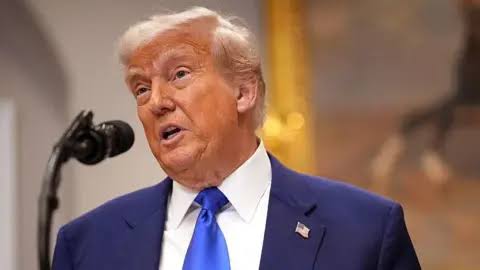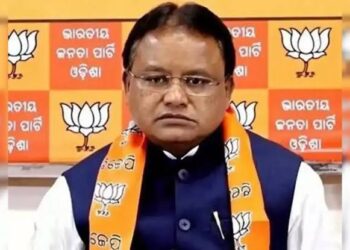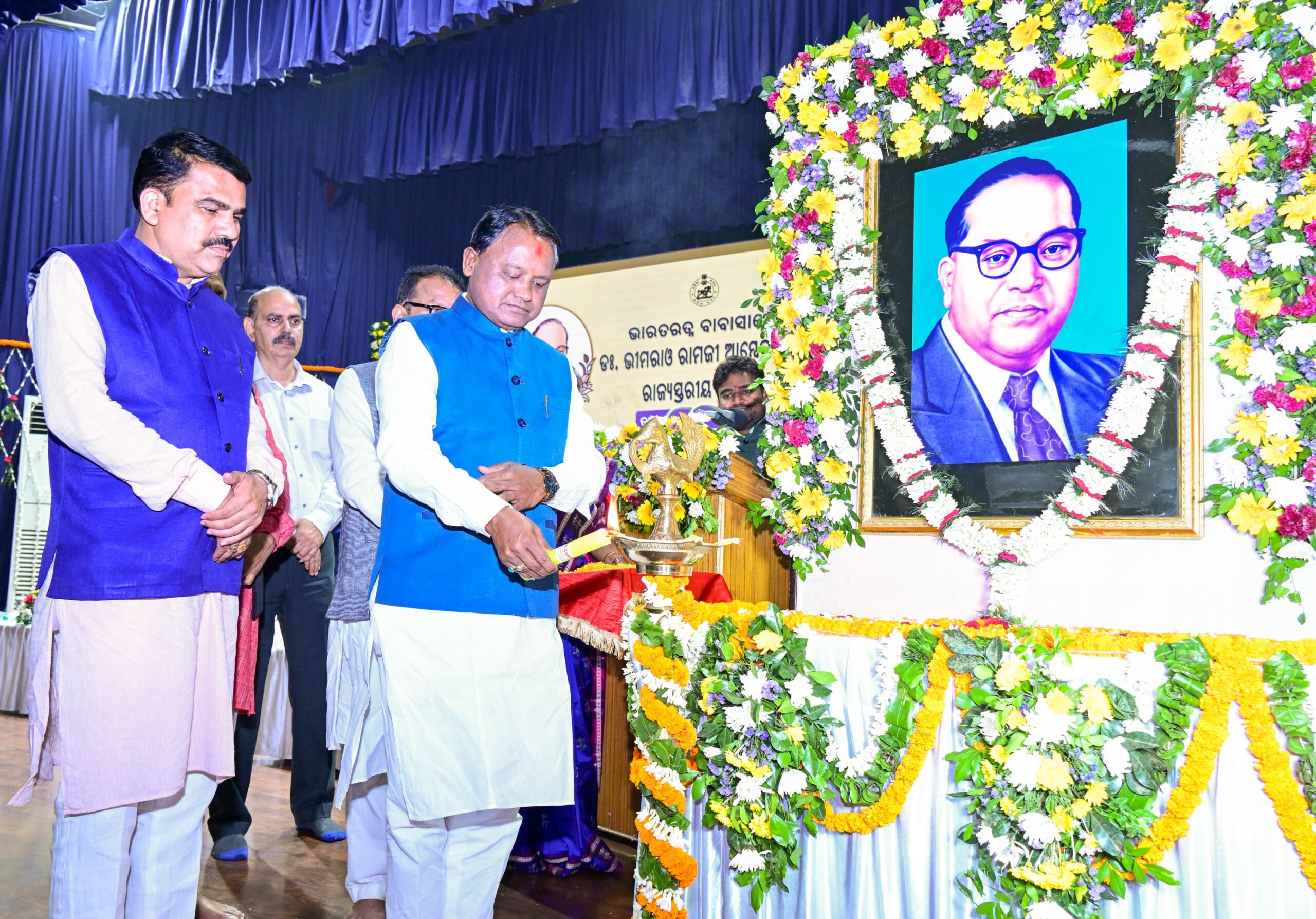In a sharp rebuke following Russia’s deadliest aerial assault on Ukraine since the war began, U.S. President Donald Trump called Russian President Vladimir Putin “absolutely crazy” and warned that the continued aggression could spell “the downfall of Russia.”
Speaking at Morristown airport on Sunday, Trump condemned the latest Russian attack that killed 13 people, including three children, and involved a record 367 missiles and drones targeting Ukrainian cities.
“I’m not happy with what Putin is doing. He’s killing a lot of people, and I don’t know what the hell happened to him,” Trump said. “He’s sending rockets into cities and killing people — I don’t like it at all.”
Trump, who has known Putin “a long time,” said the Russian leader is acting without reason. Later, on his platform Truth Social, Trump intensified his criticism, writing:
“Putin has gone absolutely CRAZY! Missiles and drones are being shot into Cities in Ukraine, for no reason whatsoever… If he wants all of Ukraine, not just a piece of it, it will lead to the downfall of Russia!”
Trump also took aim at Ukrainian President Volodymyr Zelenskyy, claiming his rhetoric was counterproductive:
“Zelenskyy is doing his country no favors… Everything out of his mouth causes problems. I don’t like it, and it better stop.”
He reiterated his belief that the war would not have started if he had been in office earlier:
“This is Zelenskyy’s, Putin’s, and Biden’s war — not Trump’s. I’m only helping to put out the big and ugly fires started by gross incompetence and hatred.”
The airstrike came just after a major prisoner swap between Ukraine and Russia, in which approximately 1,000 captives were exchanged. Following the strike, Zelensky urged the international community to apply “truly strong pressure” on Moscow to halt its “brutality.”
“Putin must be forced to think not about launching missiles, but about ending the war,” Zelensky said on X.
This latest escalation underscores the ongoing volatility of the three-year-long conflict and raises concerns about its broader geopolitical implications as global leaders consider heightened sanctions and diplomatic measures.





























